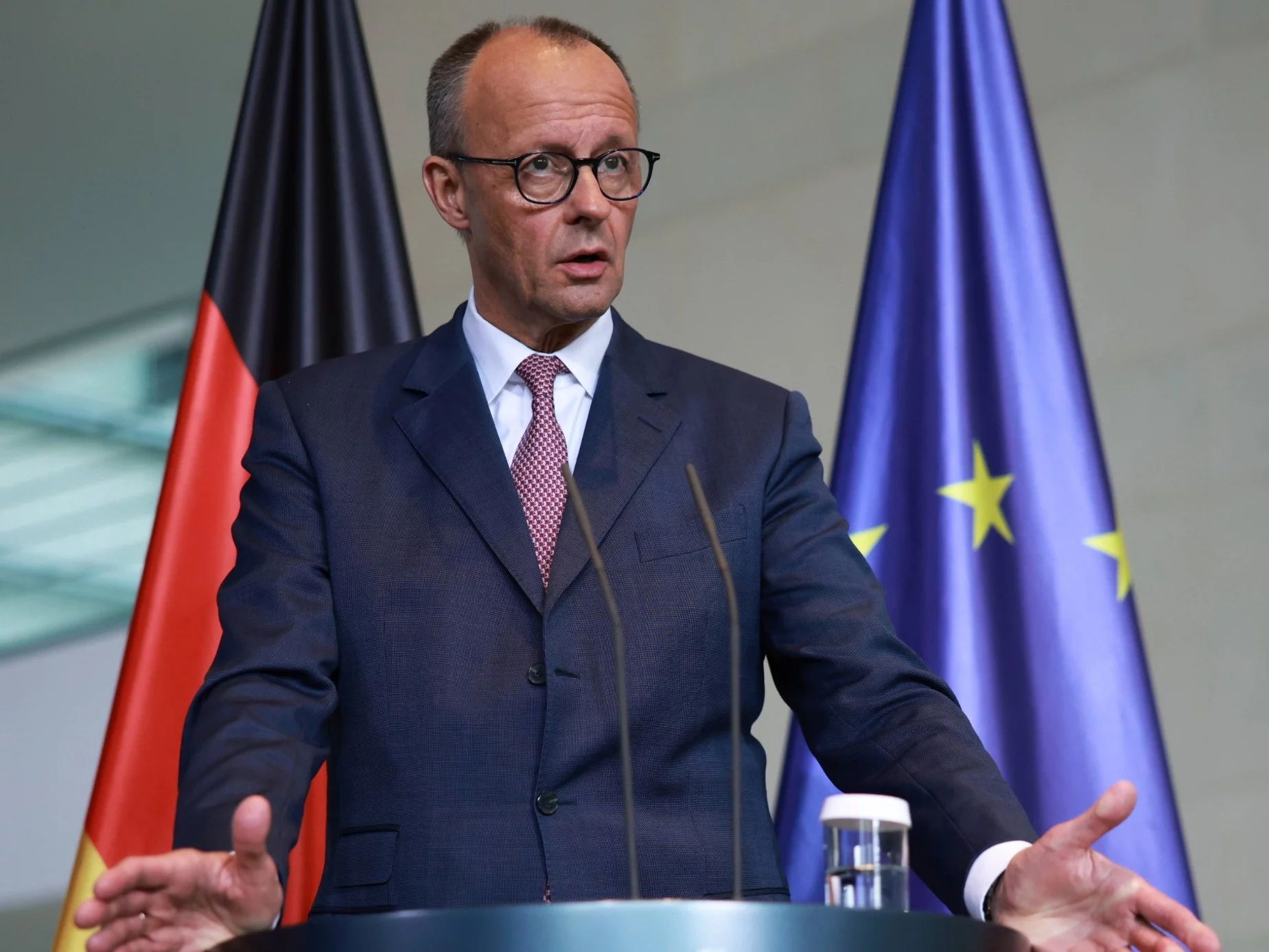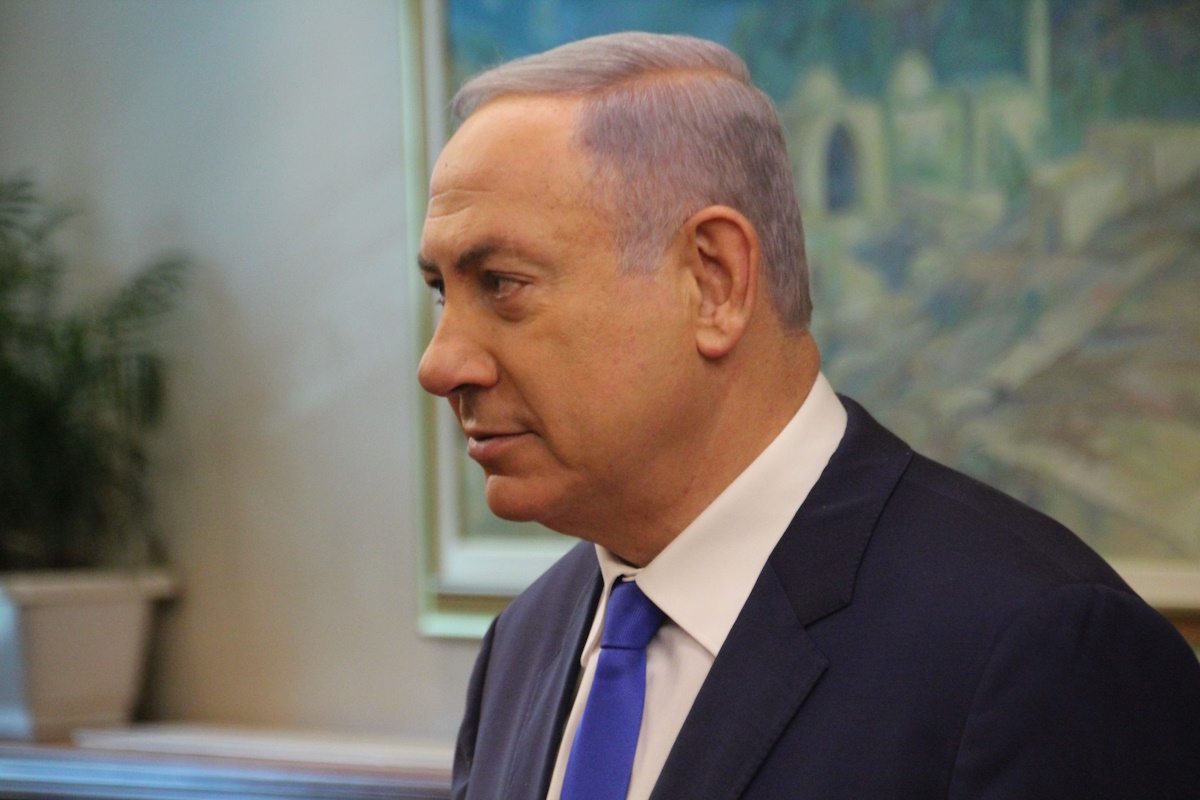Education Department Investigates Foreign Funding At University Of Michigan After Arrests of Chinese Scholars
Authored by Bill Pan via The Epoch Times,
The U.S. Department of Education has launched an investigation into the University of Michigan (UM) over concerns about undisclosed or improperly disclosed foreign funding.

In a letter sent on July 15, the Education Department’s legal wing gave the university 30 days to hand over more than five years’ worth of records related to foreign donations, foreign research collaboration, international students and scholars, as well as the names and contact details of university officials overseeing those areas.
The letter states that since January 2021, UM has submitted foreign funding disclosures totaling approximately $375 million, but with about $86 million of that money reported late, in “possible violation” of federal law mandating institutions to disclose foreign gifts and contracts valued at $250,000 or more each year.
“As the recipient of federal research funding, UM has both a moral and legal obligation to be completely transparent about its foreign partnerships,” Chief Investigative Counsel Paul Moore said in a statement on Tuesday.
“Unfortunately, tens of millions of dollars in foreign funding in UM’s disclosure reports have been reported in an untimely manner and appear to erroneously identify some of UM’s foreign funders as ‘non-governmental entities’ even though the foreign funders seem to be directly affiliated with foreign governments.”
Moore’s letter also cited two recent federal criminal cases involving Chinese nationals affiliated with UM.
In one case, a doctoral candidate from Huazhong University of Science and Technology was arrested on June 8 and was charged with smuggling roundworm-related materials into the United States.
In a separate case that same month, a doctoral student from Zhejiang University and her boyfriend were accused of smuggling restricted biological materials into the United States. A criminal complaint filed on June 2 alleged that she received funding from the Chinese communist regime to study Fusarium graminearum, a fungus that can cause head blight in crops such as wheat and maize, and is considered a potential agroterrorism agent.
The letter points out that UM continues to engage in significant research collaborations with Chinese institutions, such as Tsinghua University, Peking University, Fudan University, and Zhejiang University, noting that they are all “deeply involved in China’s emerging science and technology research efforts directly linked to military programs.”
The university did not respond to a request for comment by the time of publication.
In response to the initial charges, the University of Michigan issued a statement reaffirming its commitment to fostering research that benefits society while upholding national security.
“We strongly condemn any actions that seek to cause harm, threaten national security or undermine the university’s critical public mission,” the university said on June 3.
“It is important to note that the university has received no funding from the Chinese government in relation to research conducted by the accused individuals.
“We have and will continue to cooperate with federal law enforcement in its ongoing investigation and prosecution.”
Earlier this month, UM launched what it calls a “centralized webpage” to share information on research security policies, compliance training, and lab safety protocols. University leadership also pledged to “fully comply with all applicable laws and regulations and take all necessary actions” to safeguard research integrity.
In a separate development, UM terminated a 20-year joint research partnership with Shanghai Jiao Tong University in January, following federal charges against five UM students affiliated with the Chinese institution. The students were allegedly caught photographing Northern Strike, a 2023 military training exercise at Camp Grayling in northern Michigan.
This decision also came after Rep. John Moolenaar (R-Mich.), who chairs the House Select Committee on the Chinese Communist Party, raised national security concerns about Shanghai Jiao Tong’s close ties to the Chinese military.
According to Moolenaar, the joint UM–Shanghai Jiao Tong institute has contributed to Chinese military technological breakthroughs, including projects on propellant combustion modeling, solid rocket fuel, anti-corrosion technology for military aircraft, and CT imaging to detect flaws in advanced weapons systems.
Some of this work, the congressman said, appeared to have leveraged Pentagon-funded research conducted by UM faculty.
Tyler Durden
Wed, 07/16/2025 – 22:35

 4 miesięcy temu
4 miesięcy temu










